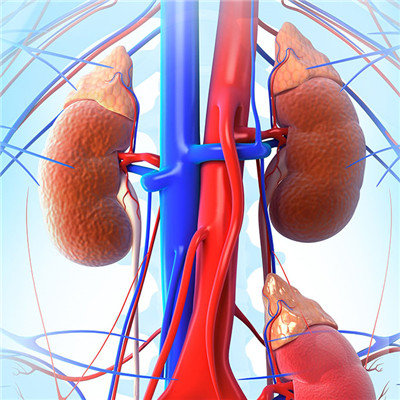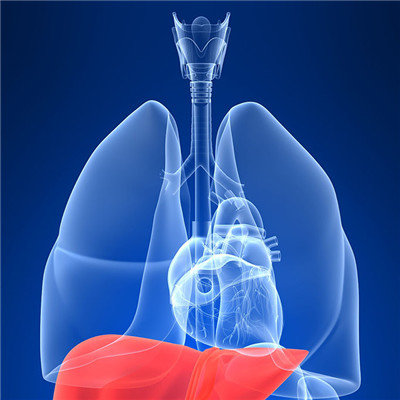Hyperparathyroidism?
summary
Hyperparathyroidism can be divided into primary hyperparathyroidism, secondary hyperparathyroidism, tertiary hyperparathyroidism and pseudo hyperparathyroidism. The primary cause is excessive synthesis and secretion of parathyroid hormone (PTH) caused by parathyroid disease (tumor or hyperplasia), which leads to hypercalcemia and hypophosphatemia through its effect on bone and kidney. What about hyperparathyroidism?
Hyperparathyroidism?
This disease is more common in 20-50 years old patients, and more females than males. The onset of the disease is slow. Some cases are found with repeated renal stones, some with bone pain as the main manifestation, some with high blood calcium and neurosis, some with multiple endocrine neoplasia, and some with no symptoms. Can have stomach to accept not vibration, constipation, abdominal distension, nausea, vomiting and other symptoms. Some patients were accompanied with duodenal ulcer, which may be related to the stimulation of gastrin secretion by gastric mucosa by high blood calcium.

Initial bone pain, can be located in the back, spine, hip, chest ribs or limbs, with tenderness. The lower limbs can't support the weight and it is difficult to walk. It is often misdiagnosed as arthritis or muscle disease; After a long time of illness, bone deformity gradually appeared (some patients still had local bone swelling and other bone capsule manifestations). The body length is shortened, pathological fracture may occur, and even bedridden.

A few patients may have mental symptoms such as hallucination, paranoia, multiple endocrine adenoma type I (gastrinoma, pituitary adenoma, parathyroid adenoma, sometimes gastrointestinal carcinoid tumor, known as Wermer syndrome) or type II (Sipple syndrome: pheochromocytoma, medullary thyroid carcinoma with hyperparathyroidism).

matters needing attention
Hyperparathyroidism is the excessive secretion of parathyroid hormone by the parathyroid glands. Parathyroid diseases, such as excessive hyperplasia, tumorigenesis and even canceration, may lead to hyperparathyroidism due to other diseases, such as long-term vitamin D deficiency. So in daily life, pay attention to eating light food, quit the habit of smoking and drinking, do not eat spicy food, do not eat food with high salt content.











